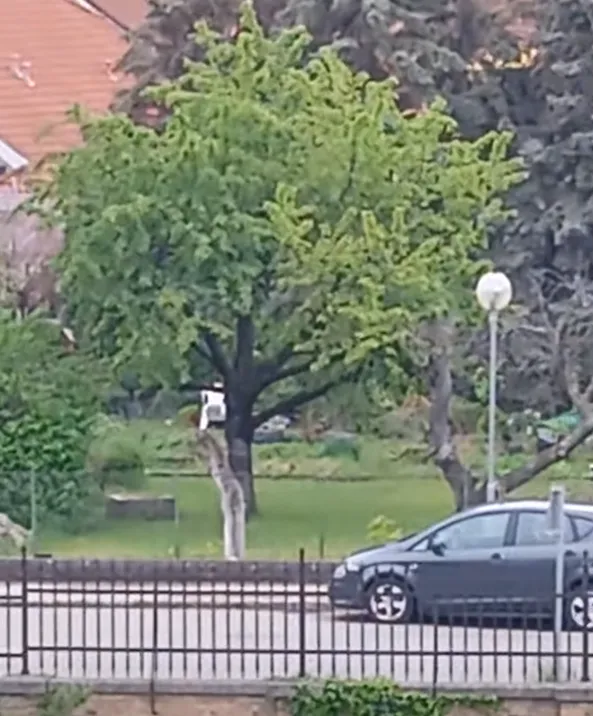Possible enzyme link to SIDS identified
Craig Shearer - 16th May 2022
I was interested to read an article about the unexpected death of babies. This used to be called Cot Death, but is now referred to as Sudden Infant Death Syndrome (SIDS). There’s also a broader term Sudden Unexpected Death in Infancy (SUDI) - which encompasses SIDS but also includes sleeping accidents.
This week it was announced that a study has found a correlation between lower levels of an enzyme in babies who died from SIDS compared to levels in those who survived. The study was led by an Australian researcher Carmel Harrington, at Westmead Hospital in Sydney. Interestingly, the research was crowd-funded, as a tribute to Ms Harrington’s own loss of a child to SIDS.
The research team identified an enzyme - Butyrylcholinesterase - which is tied to the autonomic nervous system, and may point to a cause of babies stopping breathing. At this point, I’m obligated to point out that this was a small study, and the effect size was quite small. However, it may pan out, and potentially points the way to being able to screen, at birth, for a contributing factor, and potentially to some sort of intervention that might reduce the risk. As always, more research is needed.
The potential for SIDS is an obviously emotional issue for parents, and that leads to potential for exploitation. As a parent of three children, I was well aware, back when my first child was born in 1993, of the fear in parents of the potential for SIDS. The fact that its causes were unknown made it even more scary.
There is a New Zealand connection here. Back in the 1990s a prominent forensic scientist - the late Dr Jim Sprott - proposed a theory that toxic gases emitted from PVC mattresses were the sole cause of SIDS.
Dr Sprott rose to prominence in connection with the Crewe murders and subsequent conviction of Arthur Allan Thomas. Dr Sprott investigated the types of cartridge case and bullets that was used as evidence in conviction of Thomas, concluding that the cartridge case used as evidence didn’t match the bullets, and had been planted by police.
Various scientific organisations and paediatric health promotion organisations (such as our own Plunket, and the Red Nose Day organisation) disagreed though, finding that the evidence was lacking for the theory.
Sprott was quite combative, and ended up suing an Auckland Medical School professor who disagreed about Sprott’s theories.
Dr Sprott, on the back of his theory, developed and marketed polythene mattress covers, designed to contain the purported toxic gases emitted from PVC mattresses. The product was marketed under the name “Babesafe”. The website appears to have gone away now, but the wayback machine gives some interesting insights (https://web.archive.org/web/20220129065333/http://www.cotlife2000.co.nz/)

From the site:
Note that:
- Breastfeeding does not prevent cot death
- Smoking does not cause cot death
- Sleeping a baby with feet to the foot of the cot does not prevent cot death
- Face-up sleeping is only a partial preventive against cot death (many babies have died of cot death sleeping face-up)
Unfortunately, all of these items have been linked with SIDS. Sprott claimed that the use of his mattress covers was the reason for the decline in numbers of SIDS cases. But as with most things, there are a combination of risk factors. Science-based organisations have found that a combination of changes over time have contributed - such as babies being slept on their backs.
We see this sort of behaviour fairly often. Scientists with prominent reputations are given a free pass to promote pet theories, for which they’re then revered and admired. Think of Linus Pauling and his advocacy of vitamin C as a treatment for cancer and all that ails you.
Coming back to the enzyme discovery, hopefully work in this area will further decrease the rate of SIDS, which takes between 40 and 60 children annually in our country.
